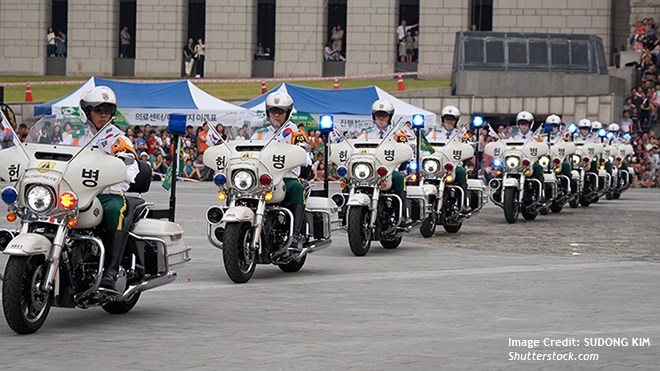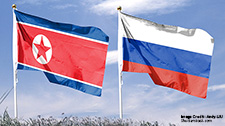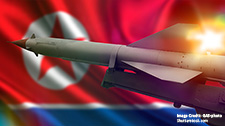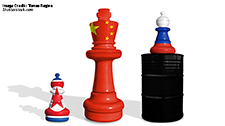The fragile state of democracy in Korea: Martial law, division and an uncertain future

In-bum Chun
Korea faces one of the gravest political crises in its modern history following President Yoon Suk Yeol‘s declaration of martial law on Dec. 3. What began as a shocking announcement has since unraveled into a web of revelations, political strife and public uncertainty. Ten days into this state of emergency, the nation stands at a crossroads, with its democratic institutions tested like never before.
A coup in disguise?
The evidence increasingly points to the martial law declaration being less about protecting the Republic and more about consolidating power. Yoon, alongside former Defense Minister Kim Yong-hyun, appears to have orchestrated what I am calling a “palace coup.” This betrayal of democratic norms has sent shockwaves throughout the nation. While Yoon continues to justify his actions as necessary to “protect the Republic from criminals,” the mounting evidence suggests otherwise.
Public reaction has been mixed. Polls indicate that at least 10 percent of the population supports Yoon‘s actions — a minority, but a significant one. This group appears driven by either ideological alignment or belief in Yoon’s narrative of preserving national stability and distaste for the unilateral actions of the opposition party. However, the overwhelming majority of Koreans view these actions as a blatant overreach of power, and protests against martial law have swelled across the country.
Read the full piece at The Korea Times.
Related Publications
-
Challenging Western Views: Understanding Power and Stability in East Asia; An Interview with DAVID C. KANG
Dr. David C. Kang is Maria Crutcher Professor of International Relations at the University of Southern California. A leading expert in East Asian security, international relations, and political economy, Dr. […]
-
Unraveling of a martial law attempt: South Korea’s democratic moment
South Korea, once known as the “Land of the Morning Calm” and the Hermit Kingdom, has a complex modern history marked by ideological tensions and political challenges. Since the establishment […]
-
Russian and DPRK Military Cooperation in Ukraine – A Win-Win?
In early August 2024, Ukraine launched a significant offensive in the Kursk region in Western Russia which may have prompted the activation of the DPRK-Russia Strategic Partnership Agreement and triggered […]
-
Kamala Harris and North Korea: Between Continuity, Pragmatism, and Strategic Realignment
A possible future Harris administration is likely to continue the Biden administration’s approach to North Korea, focusing on sanctions and diplomatic pressure. This strategy may be shaped by broader geopolitical […]
-
Russia-DPRK Partnership: Implications for the West
This issue brief examines the evolving relationship between the DPRK and Russia, particularly since Russia’s invasion of Ukraine in 2022. The partnership has deepened, with North Korea supporting Russia diplomatically […]




